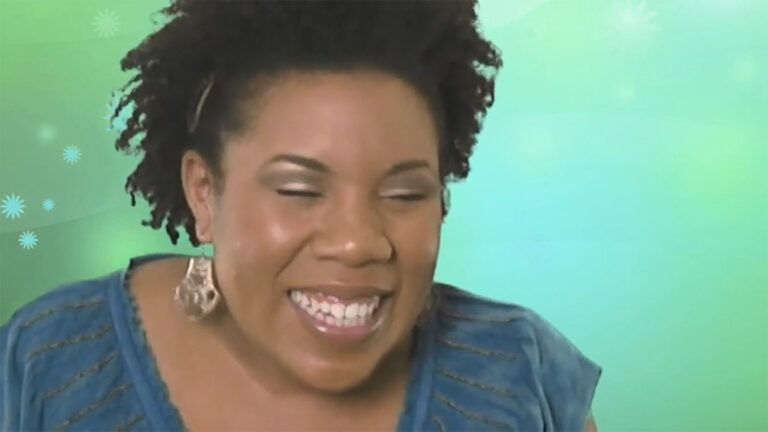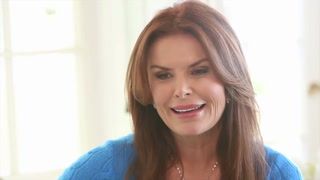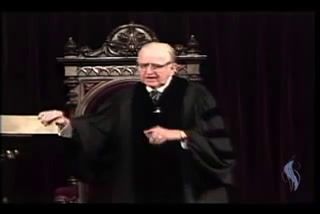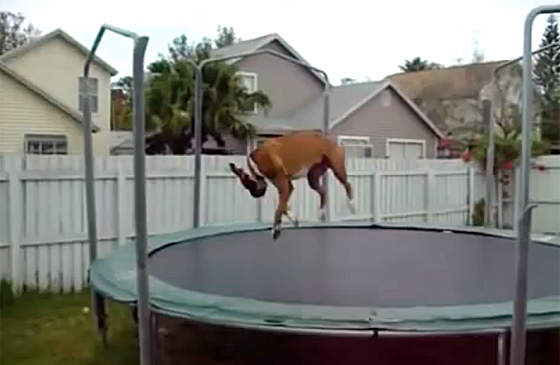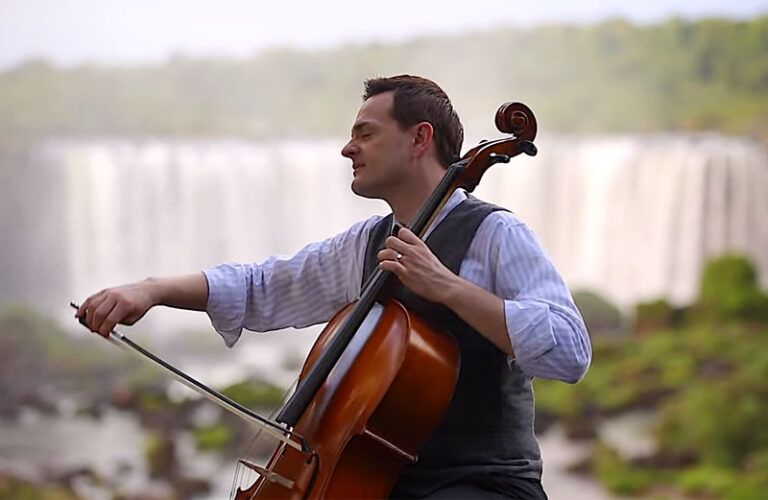
The Role of Faith in Coping with Chronic Pain
Author Jonathan Merritt shares how his experience with chronic pain first challenged his faith and then brought him closer to God.
View Transcript
Hi, Guideposts. I’m Jonathan Merritt, author of Learning to Speak God From Scratch, and I’m excited to talk with you today. My experience with chronic pain changed the way that I encountered God in at least two ways—in fact, two very, very different ways.
Initially, it sort of short-circuited my relationship with God. I think a lot of people who experience any kind of tragedy in their lives—either it’s a personal experience or it’s an experience where they have to watch some kind of confusing evil or pain or injustice in the world—they have a short-circuiting of their faith.
They wonder, “Where is God in all of this? Why would God allow this?” You almost experience a severing from your own spirituality as a result of pain. And I felt very far away from God, particularly in the first year or two of this journey. There were things that I said to God that you couldn’t say in a PG-13 movie.
But I noticed, over time, as I began to hold my relationship with God a little more loosely, to allow God to define what that relationship would look like rather than placing expectations on God about the way that our relationship should function, it began to change because I started to realize that God’s role in the midst of pain is not at all what I thought it would be.
God doesn’t just offer us a parachute out of pain, but God offers us divine presence in the midst of pain. And once I could receive that presence, rather than to constantly be frustrated with this divine exit strategy that never seemed to come, it gave me the sense that I was no longer alone in this struggle, that there was always someone with me who promised to never leave me and to never forsake me so long as my pain persisted.
When I first started struggling with chronic pain, I could never have predicted the way that that experience would affect my prayer life. You know, in the Western world, particularly those of us who are Christian, when we want to pray, we make noise. We say something. We have to come up with the right words.
But what kind of words do you say when you’ve run out of all the right words, when you’re drowning in the midst of frustration and confusion, and you can’t find any words to say? What I realized is there’s a whole other side of prayer. There are other traditions of prayer where you’re not as focused so much on speaking the right words as you are with not speaking words at all.
So I began to practice a kind of meditation known as mindfulness meditation, a kind of Christian contemplative practice. Instead of constantly speaking to God, giving God my grocery list of things that I was waiting for God to do—on my timetable, of course—I instead learned to, as the Psalmist said, be still and know that God is God, to merely sit in God’s presence and to wait on God to say what I needed to hear in that moment. It was a long time coming.
You know, when you ask people with chronic pain what gives them hope, typically you get some list of platitudes, maybe with Jesus wallpaper on it. But what I realized is the thing that helped me the most was really practical. It was the spiritual practice of observation, the spiritual practice of noticing, to begin to notice the influences in my life that changed the state of my health for good or for ill, to begin to notice the triggers in my life that I had never noticed before that made things better or worse.
I began to realize that when I ate certain things or when I avoided eating certain things, it could change my health. I began to realize the ways in which my travel schedule, just getting on an airplane, the stress of going through airport security, the way that affected my pain. I began to realize that sleep, for me, was a big trigger. That if I didn’t sleep well, I wouldn’t feel well.
I began to accept my own limitations. No longer could I work from 8:00 a.m. until midnight every day. I began to have to accept those limitations and then to proactively accept a schedule that was more healthy for me.
And so it was a long process of realizing, noticing my triggers, and then proactively managing those triggers. Each time, I began to see just a little bit of improvement. That little bit of improvement was the spark that would give me the hope to keep going day after day after day.

